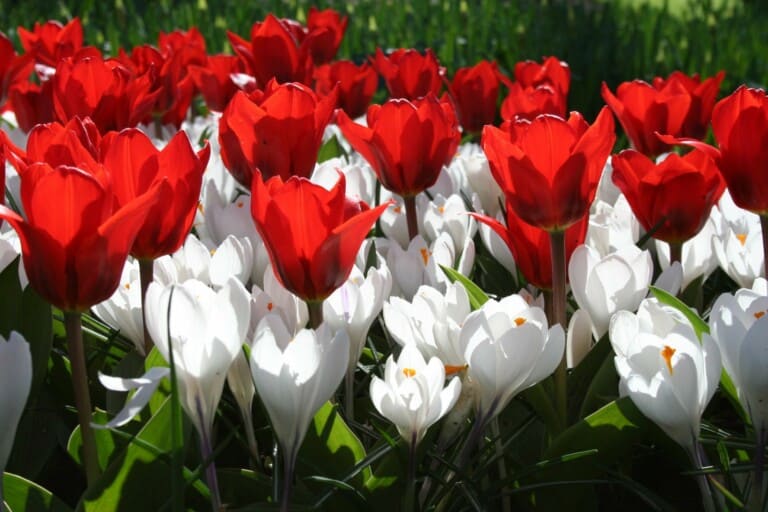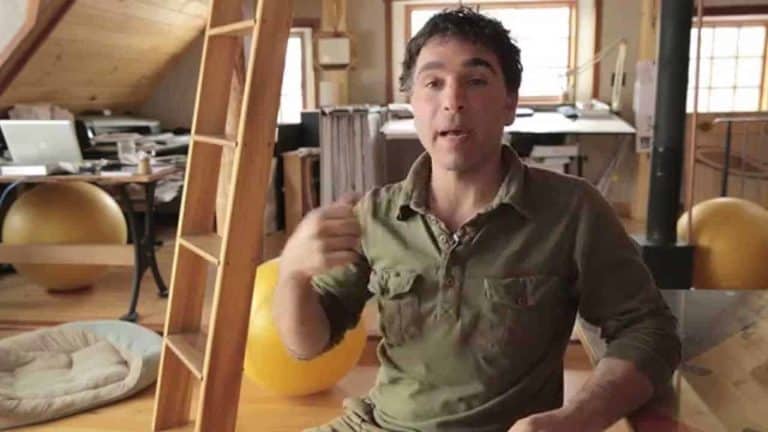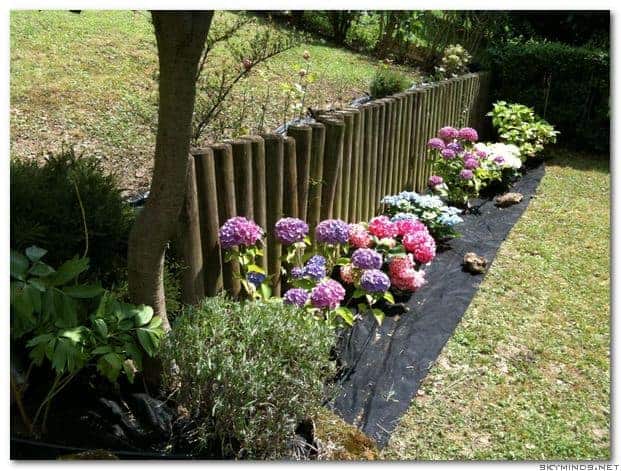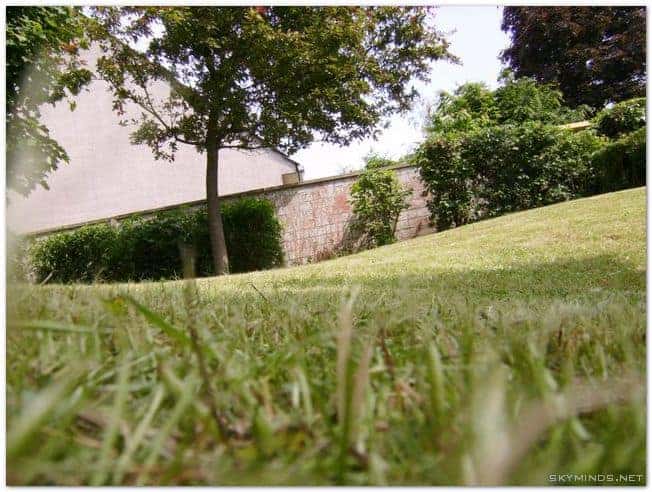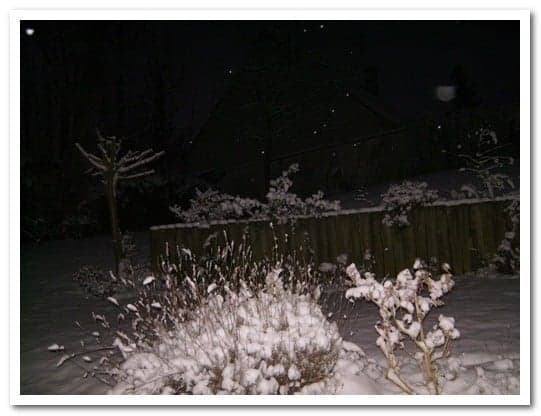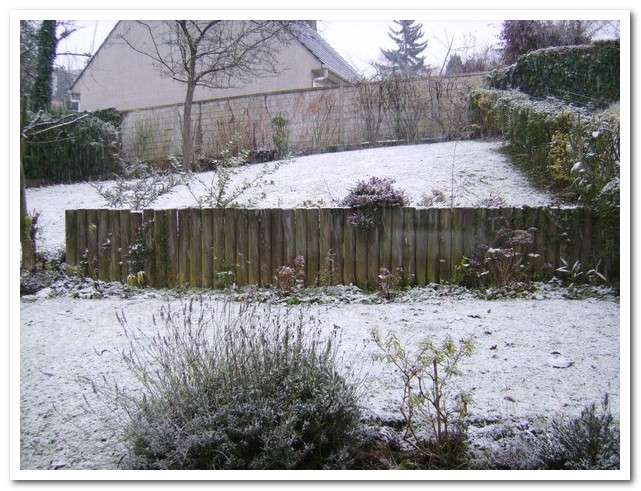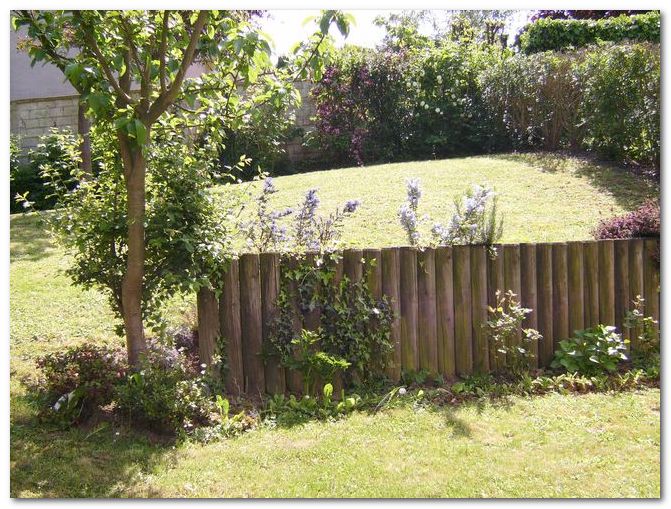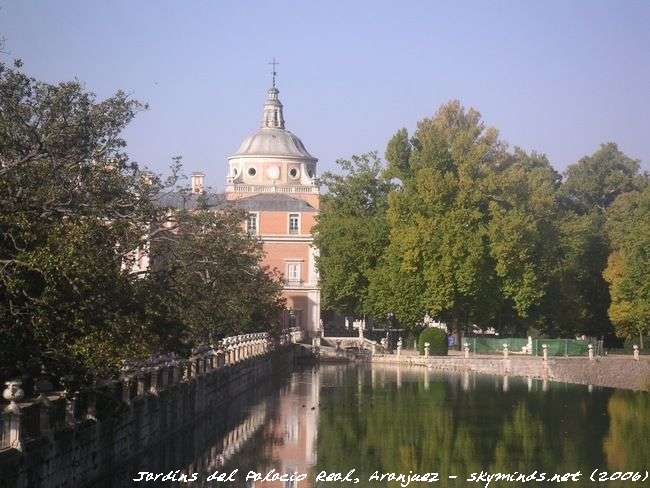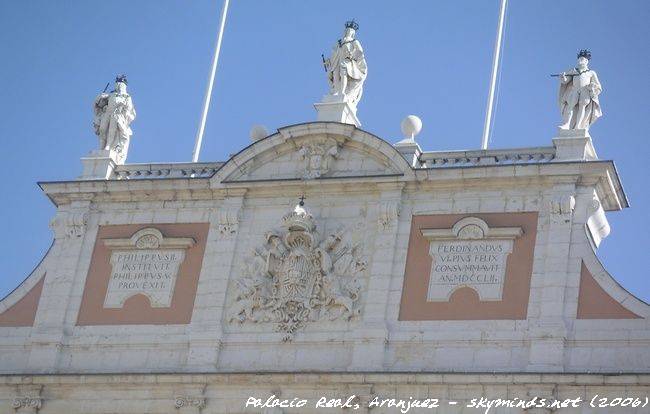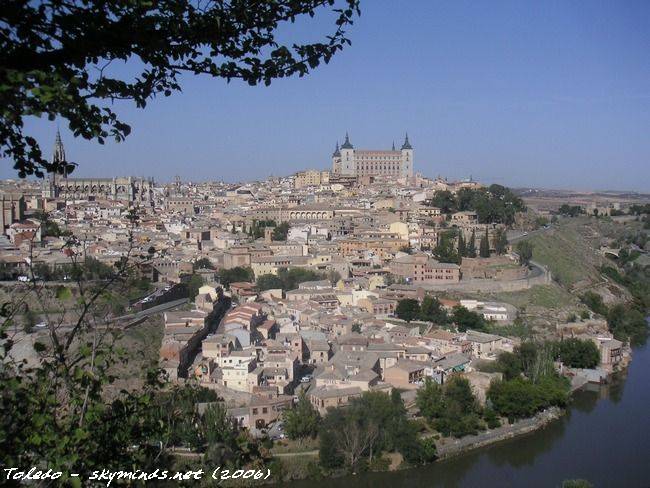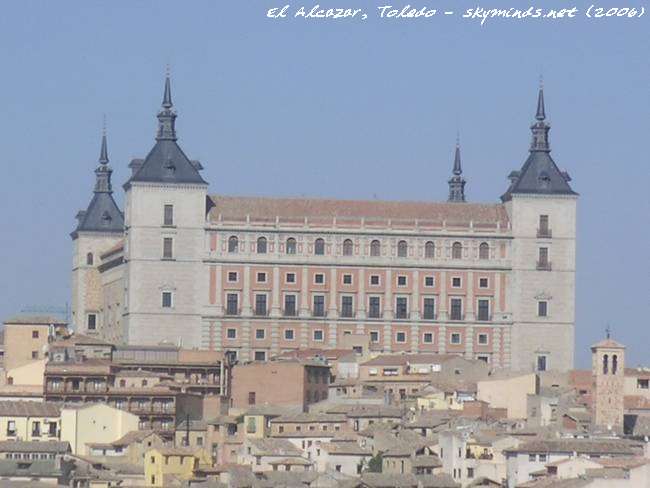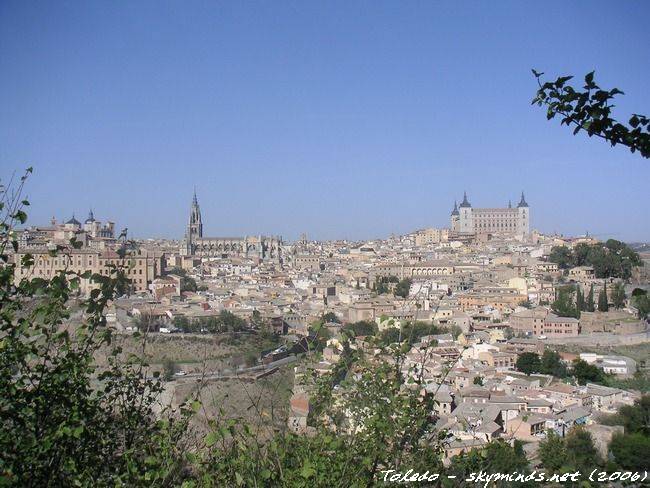That was in May. Spring has now been undergone. The tulips have had their moment and are done, shedding their petals one by one, like teeth. One day I came upon Serena Joy, kneeling on a cushion in the garden, her cane beside her on the grass. She was snipping off the seed pods with a pair of shears. I watched her sideways as I went past, with my basket of oranges and lamb chops. She was aiming, positioning the blades of the shears, then cutting with a convulsive jerk of the hands. Was it the arthritis, creeping up? Or some blitzkrieg, some kamikaze, committed on the swelling genitalia of the flowers? The fruiting body. To cut off the seed pods is supposed to make the bulb store energy.
Saint Serena, on her knees, doing penance.
I often amused myself this way, with small mean-minded bitter jokes about her; but not for long. It doesn’t do to linger, watching Serena Joy, from behind.
What I coveted was the shears.Well. Then we had the irises, rising beautiful and cool on their tall stalks, like blown glass, like pastel water momentarily frozen in a splash, light blue, light mauve, and the darker ones, velvet and purple, black cat’s-ears in the sun, indigo shadow, and the bleeding hearts, so female in shape it was a surprise they’d not long since been rooted out. There is something subversive about this garden of Serena’s, a sense of buried things bursting upwards, wordlessly, into the light, as if to point, to say: Whatever is silenced will clamour to be heard, though silently. A Tennyson garden, heavy with scent, languid; the return of the word swoon. Light pours down upon it from the sun, true, but also heat rises, from the flowers themselves, you can feel it: like holding your hand an inch above an arm, a shoulder. It breathes, in the warmth, breathing itself in. To walk through it in these days, of peonies, of pinks and carnations, makes my head swim.
The willow is in full plumage and is no help, with its insinuating whispers. Rendezvous, it says, terraces; the sibilants run up my spine, a shiver as if in fever. The summer dress rustles against the flesh of my thighs, the grass grows underfoot, at the edges of my eyes there are movements, in the branches; feathers, flittings, grace notes, tree into bird, metamorphosis run wild. Goddesses are possible now and the air suffuses with desire. Even the bricks of the house are softening, becoming tactile; if I leaned against them they’d be warm and yielding. It’s amazing what denial can do. Did the sight of my ankle make him lightheaded, faint, at the checkpoint yesterday, when I dropped my pass and let him pick it up for me? No handkerchief, no fan, I use what’s handy.
Winter is not so dangerous. I need hardness, cold, rigidity; not this heaviness, as if I’m a melon on a stem, this liquid ripeness.
The Handmaid’s Tale, chapter 25.
The Garden of (Serena) Joy
Abundance and life
Spring is the time of birth of nature. Abundance is conveyed by the number of adjectives. The narrator drowns in this garden – “makes my head swim” – and light seems to come from everywhere.
The passing of time is never recorded precisely: ellipses of several days/weeks. Chronology is not always respected, through the use of analepses and prolepses.
The passing of time is marked by seasons, the natural time and flora.
The garden as a fruiting body
The environment becomes consistent: the garden is like a body. The importance of softness is emphasized by the alliteration in [s].
The thread of the present is marked by the changing flora and the narrator’s gradual metamorphosis is modeled on that of Nature’s.
Serena as the disturbing element
Serena is seen as the disturbing element in this Garden of Eden.
Birth of the narrator as a human being, conscious of herself
Presence of feminity, necessary to the birth process
Feminity is needed for the birth and the whole garden is seen as a fruiting body.
Lyricism opposes the sense of osmosis felt by the “pathetic fallacy”: when natural elements are attributed with human attitudes. The garden shows the image of a natural world, which is everything Gilead has lost.
Pathetic fallacy is a literary technique that corresponds to a personification with natural elements.
Thanks to Offred’s heightened literary imagination, she can respond to the beauty of the garden and see the poetics behind the natural: the trees are seen as “birds in full plumage”.
